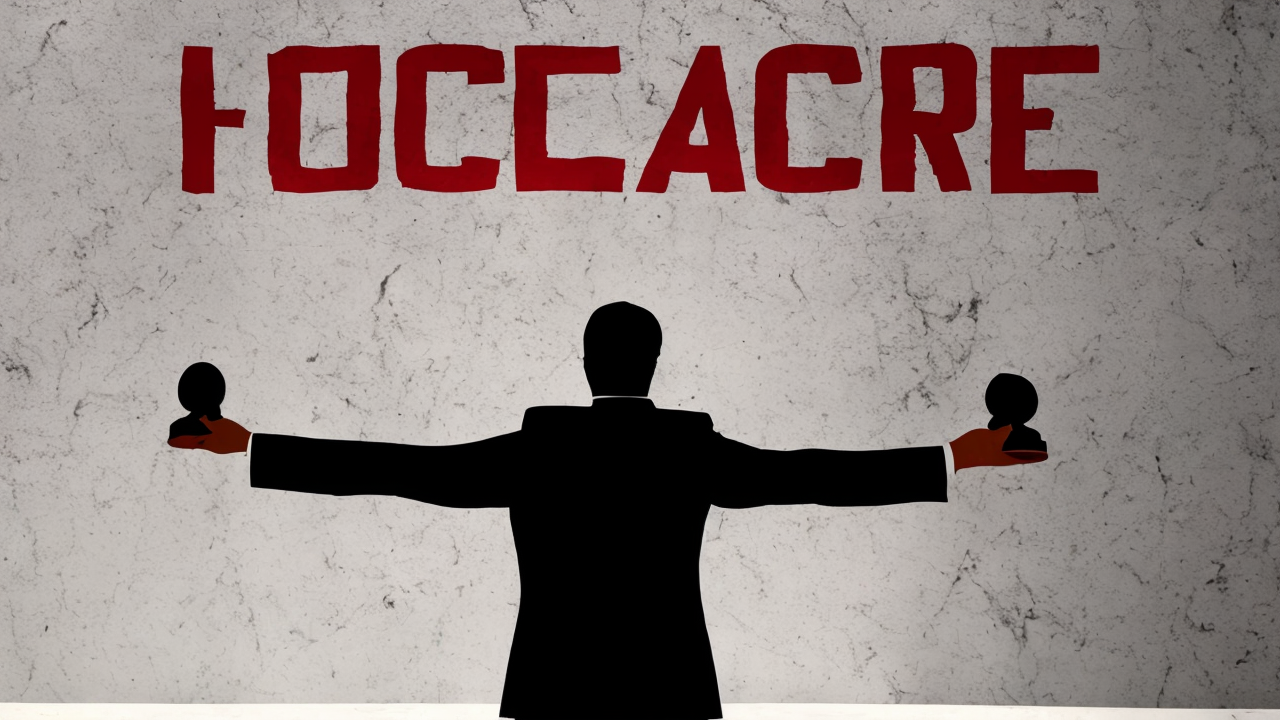State AGs Defy Trump Pardons, Continue Prosecuting Election Cases

Despite President Donald Trump’s recent exercise of clemency, issuing pardons to 77 individuals involved in efforts to challenge the 2020 election results, several Democratic attorneys general have affirmed their intention to continue state-level prosecutions. These pardons, while significant, apply only to federal offenses and carry no legal weight in state courts. As such, they do not halt ongoing investigations or legal proceedings under state law.
In Nevada, Attorney General Aaron Ford has made clear that the pardon does not influence his office’s decisions. He continues to pursue forgery charges against six former Trump electors, even after a judge initially dismissed the original indictment. In Wisconsin, Attorney General Josh Kaul’s office has maintained its prosecution of individuals tied to the appointment of contingent electors. Arizona’s Attorney General Kris Mayes has signaled her intent to move forward with cases even before the pardons were announced. Michigan’s Attorney General Dana Nessel brought charges against 16 alternate electors in 2023, though that case was later dismissed by a court.
These actions underscore a growing tension between federal executive authority and state judicial independence. While the president’s pardon is a constitutional power, it does not override state laws or the discretion of state prosecutors. Legal experts, including Hans von Spakovsky of The Heritage Foundation, have noted that while pardons may weaken the prosecution’s argument in court, they do not legally compel state authorities to drop cases.
The charges brought—forgery, impersonating a public official, conspiracy to commit election fraud—are serious offenses. Yet their selective application raises legitimate concerns. Why were these charges not pursued immediately after the election, when evidence was fresh and public debate was ongoing? Why have they resurfaced only now, in a climate of deep political division?
This timing matters. The delay, combined with the targeting of individuals who acted in support of a specific political outcome, invites questions about the motivations behind the prosecutions. When legal action is taken years after an event, often with little new evidence, and only against one side of a political dispute, it risks appearing not as justice, but as retribution.
The American legal system is built on the principle that laws apply equally to all. The rule of law must not be a tool for political advantage. If state prosecutors can ignore federal pardons and pursue cases based on political convenience, then the foundation of justice becomes unstable. No individual should be above the law—but neither should anyone be subjected to arbitrary prosecution based on shifting political tides.
A healthy republic depends on consistent enforcement of laws, not on who holds power at any given moment. When the legal system becomes a mechanism for punishing political opponents, it undermines public trust and weakens the very institutions that protect liberty. The integrity of our courts, the impartiality of our prosecutors, and the fairness of our processes are not negotiable.
The path forward must be one of accountability—not for political affiliation, but for actual violations of law. If the charges are valid, they should be pursued regardless of who is involved. If they are not, they should be dropped. But they should never be weaponized to silence dissent or settle political scores.
We must uphold the principle that justice, not partisanship, should guide the application of the law. The rule of law is not a partisan tool—it is a safeguard for all. When we protect it, we protect our nation. When we abandon it, we risk losing everything that makes our democracy meaningful.
Published: 11/14/2025








